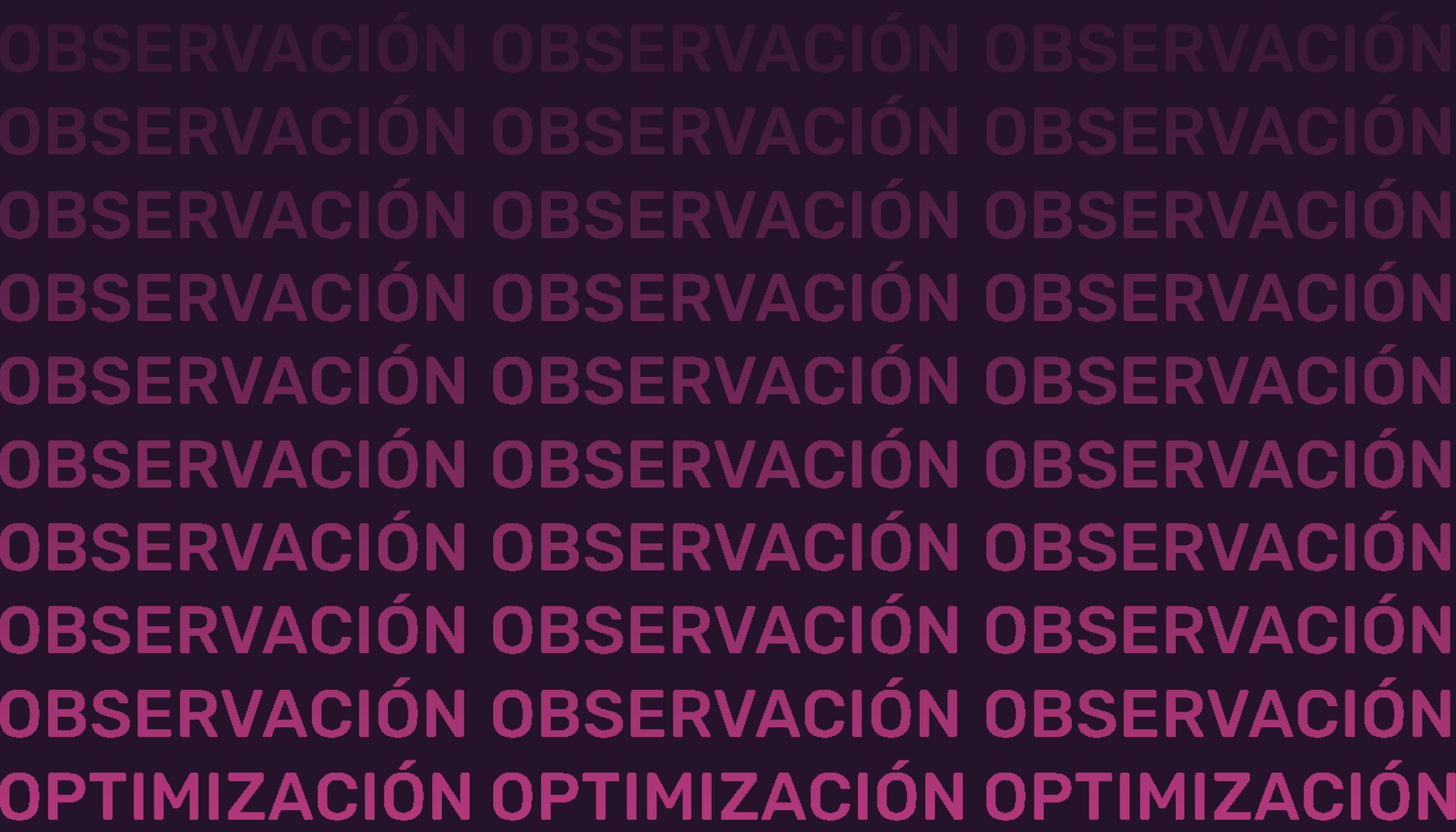Now that I run a company, I find myself thinking about how to do this properly, especially with my people.
It’s easy to boast about our awesome culture and how we as leaders plan strategies for a healthy work environment.
Today, I can’t help but think about experiences in old jobs. Particularly, today, my focus is on how I can mess up my business.
And I’ve got five special ways to do it, based on real life and in my own voice.
I should maybe apologize at this point.
1. Ignore your Team
Who really needs to listen to the people who work for you, right?
It’s logical to fall into the wisdom of thinking that as a leader, your ideas are the only ones that matter. Disregard the thoughts, suggestions, and concerns of your team.
After all, you’re at the head, and it’s your vision that should dictate every action and decision.
My advice is not to bother with the insights of those who might be closer to the day-to-day operations of your business.
In this approach, you effectively silence the voices that could offer, well, nothing smart.
Remember, in this method of ‘successful failure,’ the goal is to elevate your own thoughts while systematically ignoring the collective intelligence and experience of your team.
2. Avoid Clear Communication:
Keep your team in the dark, not knowing what the goals or direction of the company are. It’s like hide-and-seek where the objectives are hidden so well, even you, as the boss, can’t find them.
This approach ensures that every day is a fresh start, a blank slate free from the constraints of yesterday’s strategies.
The monotony of consistency is not as fun as spicing things up with a little unpredictability.
You know, confusion is not just an obstacle, it is a strategy for a productive work environment.
Nobody needs clarity when you can have the excitement of the unknown

3. Neglect Professional Development
Why invest in the growth and training of your team when you can revel in the comfort of stagnation?
Watching your team work without further education year after year has its own unique allure.
This really makes me happy, because it reminds me of a job proposal I received.
After the meeting with the big boss, he sounded excited about a mutual collaboration.
And indeed, in the middle of his Christmas vacation in the Blue Lagoon, he called me with an offer.
I wasn’t that excited, so I said no. He was so surprised that he just told me that we should meet again and that I should bring a list of things I need to say yes. I was the surprised one, but okay. I agreed.
I really needed the job, but wasn’t willing to accept any nonsense. I arrived at his office with a list of two things I required to be able to accept:
The first was to double my salary, which he knew was fair, so he agreed.

The second was easier; I said I would need some days off because I was planning to develop my digital skills by attending workshops abroad, using my own money for expenses.
He didn’t just say yes, he said that if it was to develop skills that would upgrade my job, he would pay for it without issues.
I waited for a stable season on the job to ask for that permission, thinking that since everything was being handled well, I would be able to work remotely for four days.
But at that moment, he remembered that aiming for professional development is overrated when he can comfortably aim for the ground.
You can imagine the answer, can’t you?

The beauty of this approach lies in its simplicity: by not investing in their development, you cultivate a little mediocrity.
Well, not always; some people just do it themselves.
4. Despise Innovation:
Remember how the pandemic stirred up all that talk about ‘adapting’ and ‘innovating’ in the business world?
What a load of overrated fluff! We learned, or at least my old boss did, that sticking to your old, trusty typewriter, no matter how outdated it might be, is a true sign of resilience in business management.
Yes, I’m talking about the same guy.
Unknowingly, he became a true inspiration — albeit hastily for the company.
He spent around 8 years developing an E-commerce platform, which, surprisingly, he never launched.
Yep, I just checked, and it’s still the same basic, ugly ‘about us’ landing page.

Why bother with the fuss of implementing technologies or embracing client-centric strategies in digital marketing?
It’s much more relaxing to stay in the familiar, unchanging sanctuary of the past, comfortably away from the fast-paced digital transformation of today’s business landscape.
5. Don’t Worry About Your Team’s Well-Being
Ah, the classic cool move of ignoring your people’s physical and mental health.
As a business owner, there’s no need to worry about such minor issues when there are deadlines to meet and profits to make.
Make them work a lot without breaks and give them little support.
Remember, in this effective management style, employee discontent isn’t just an unfortunate side effect; it’s actually what drives productivity.
Burnout? Just a myth.
Work-life balance? Nothing more than a fairy tale.
We believe that the more tired the team is, the better their work will be. This approach is quite popular in traditional marketing agencies.
It’s late at night, the office is alive with the sound of designers clicking and content creators typing. But hey, dinner is right there.
— a glorious pizza, the go-to reward for hard-working marketers.
Well, sometimes, I ordered a juicy steak. For more demotivation, you know.
It’s typical for a client to make a last-minute request, and of course, the agency always says yes. Because what’s life if not a constant chase after client satisfaction, right?
We’re convinced that a social media post about drinking more beer in the summer is going to change the world.
Our mission is to transform every random client idea into a digital masterpiece, regardless of how it affects our team’s well-being.
After all, isn’t that what true dedication looks like?

In summary, at this point, you might notice that I was having a bitchy writing moment.
But you might notice, as well, that doing all of these steps are a “how NOT to run a business”.
Caring for your team and trying to be present while they are developing skills to improve their profession and role. I work with a small team, and it’s easier to handle it.
We collaborate with each other to the point that we consider ourselves friends. So, cultivating a healthy environment, and both professional and personal development is easy.
I wish you the best of luck on your business journey and hope you find the right balance to lead with wisdom and success!
If you want to connect and talk about some more fun experiences, I’m on LinkedIn.




